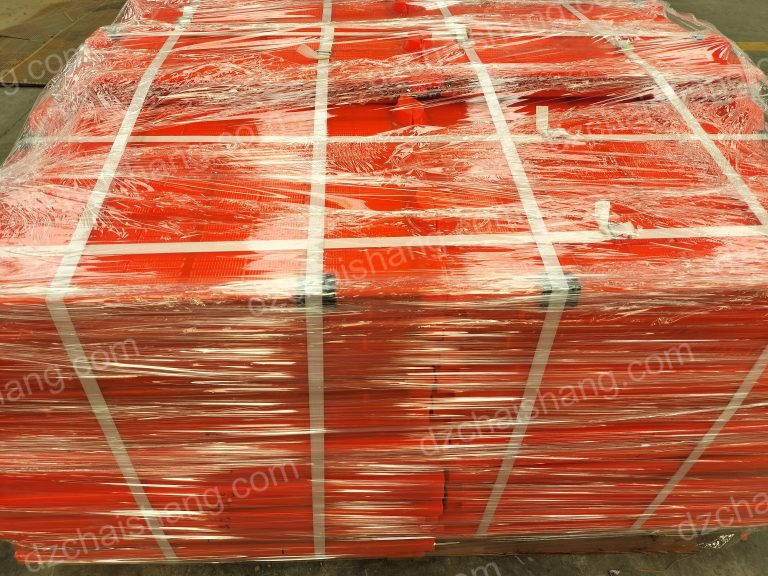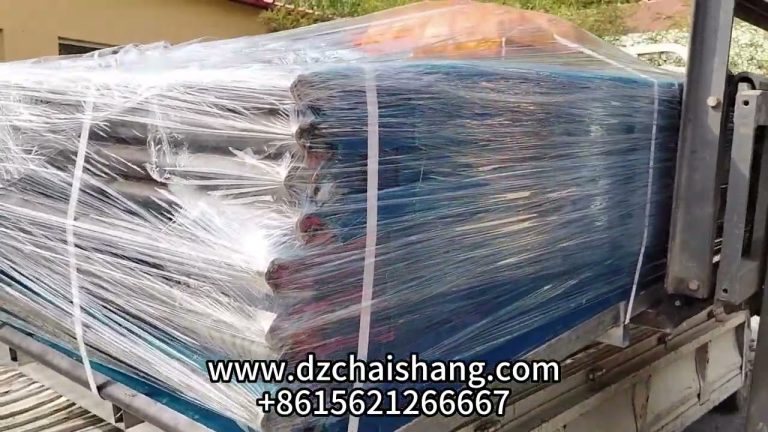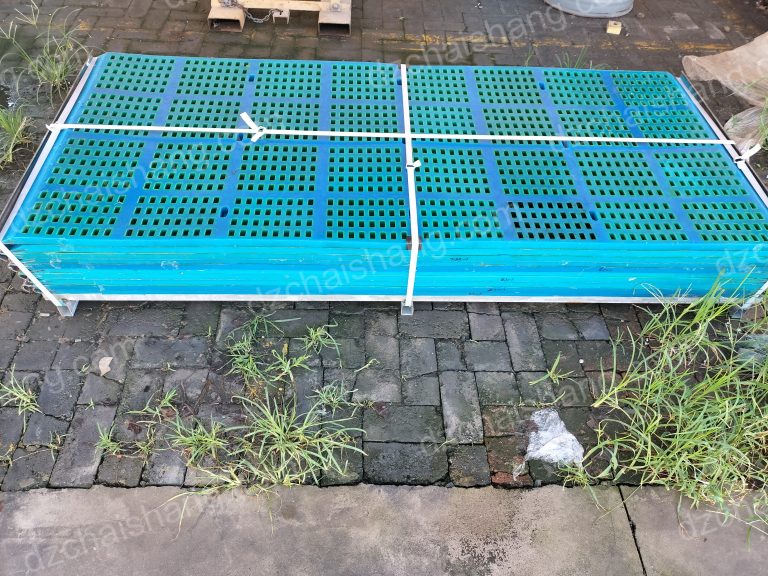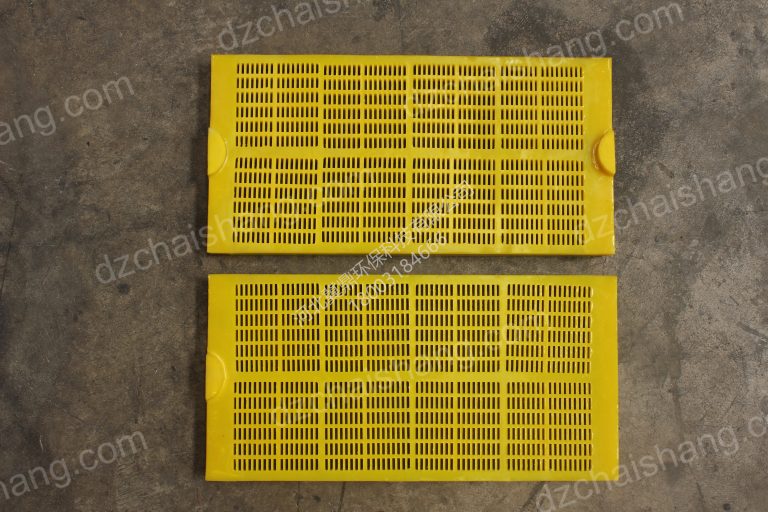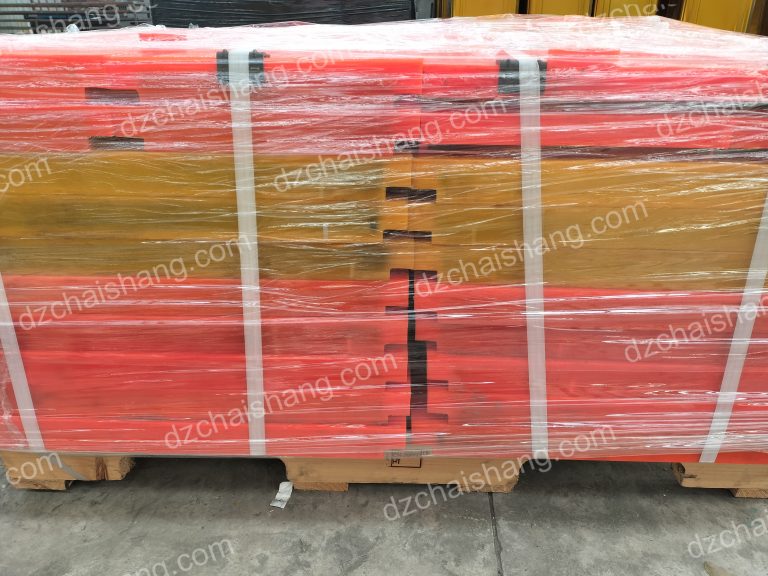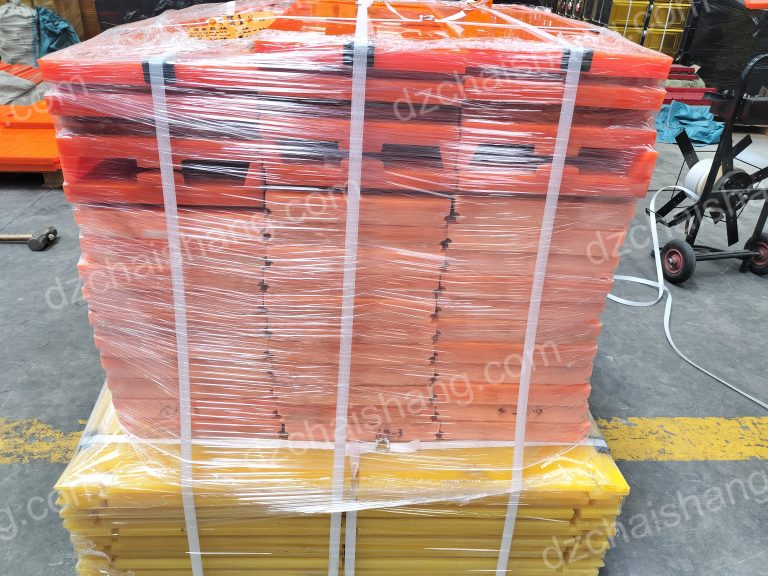What are the advantages of polyurethane screens compared with metal screens?
Increased Durability and Longevity
polyurethane screens have gained popularity in various industries due to their numerous advantages over traditional metal screens. One of the key benefits of polyurethane screens is their increased durability and longevity. In this section, we will explore why polyurethane screens outperform metal screens in terms of durability and how this can benefit businesses in the long run.
Polyurethane screens are known for their exceptional resistance to wear and tear. Unlike metal screens, which are prone to corrosion and abrasion, polyurethane screens are highly resistant to these damaging factors. This makes them ideal for applications in harsh environments, such as mining and aggregate industries, where metal screens often fail to withstand the demanding conditions.
The durability of polyurethane screens can be attributed to their unique material properties. Polyurethane is a synthetic material that exhibits excellent elasticity and flexibility. This allows the screens to absorb impact and resist deformation, even under heavy loads. In contrast, metal screens are rigid and more susceptible to bending or breaking when subjected to excessive pressure or impact.
Furthermore, polyurethane screens have a longer lifespan compared to metal screens. The resistance of polyurethane to corrosion and abrasion ensures that these screens can withstand prolonged use without deteriorating. This translates into reduced maintenance and replacement costs for businesses, as they do not have to frequently replace worn-out screens.
Another advantage of polyurethane screens is their ability to self-clean. The flexible nature of polyurethane allows the material to vibrate, which helps prevent clogging and blinding of the screen apertures. This self-cleaning feature is particularly beneficial in applications where the screened material contains fine particles or moisture, as it ensures continuous and efficient screening without interruptions.
In addition to their durability and self-cleaning properties, polyurethane screens offer enhanced screening efficiency. The flexibility of the material allows for better screening performance, as it enables the screens to conform to the shape of the material being screened. This ensures that the screened material is evenly distributed across the screen surface, maximizing the screening area and improving the accuracy of the separation process.
Moreover, polyurethane screens are available in a wide range of aperture sizes and configurations, allowing businesses to customize their screening operations according to their specific requirements. This versatility makes polyurethane screens suitable for a variety of applications, from fine screening of minerals to heavy-duty scalping in the construction industry.
In conclusion, polyurethane screens offer significant advantages over metal screens in terms of increased durability and longevity. Their resistance to wear and tear, self-cleaning capabilities, and enhanced screening efficiency make them a superior choice for businesses operating in demanding environments. By investing in polyurethane screens, businesses can reduce maintenance and replacement costs, improve screening performance, and achieve long-term cost savings.


